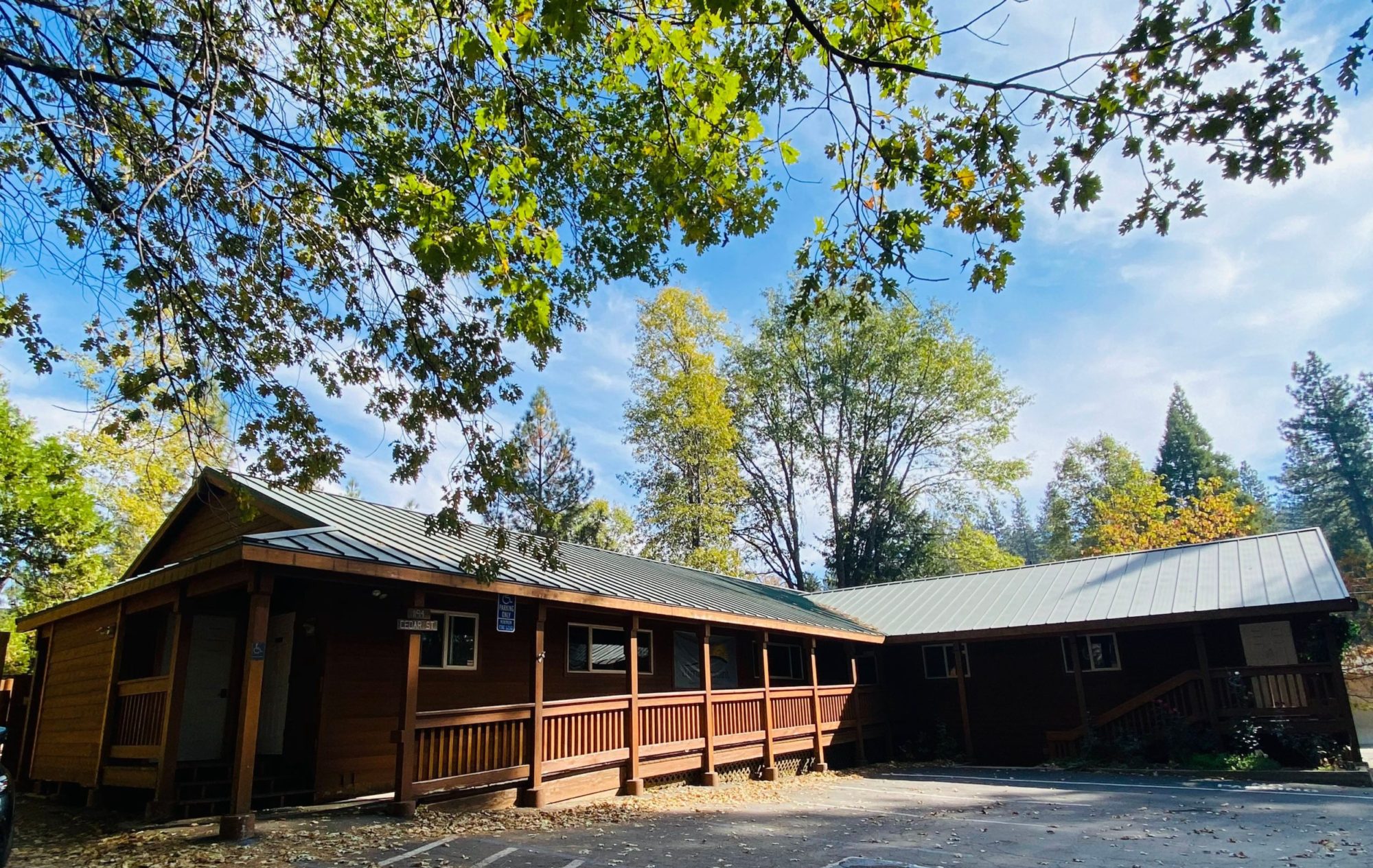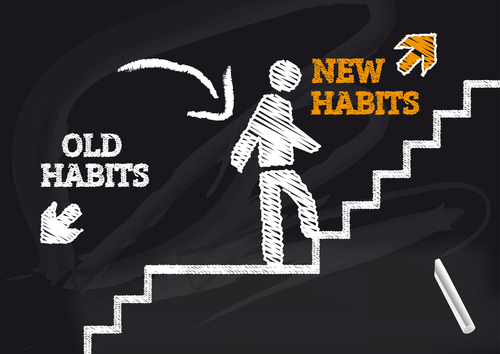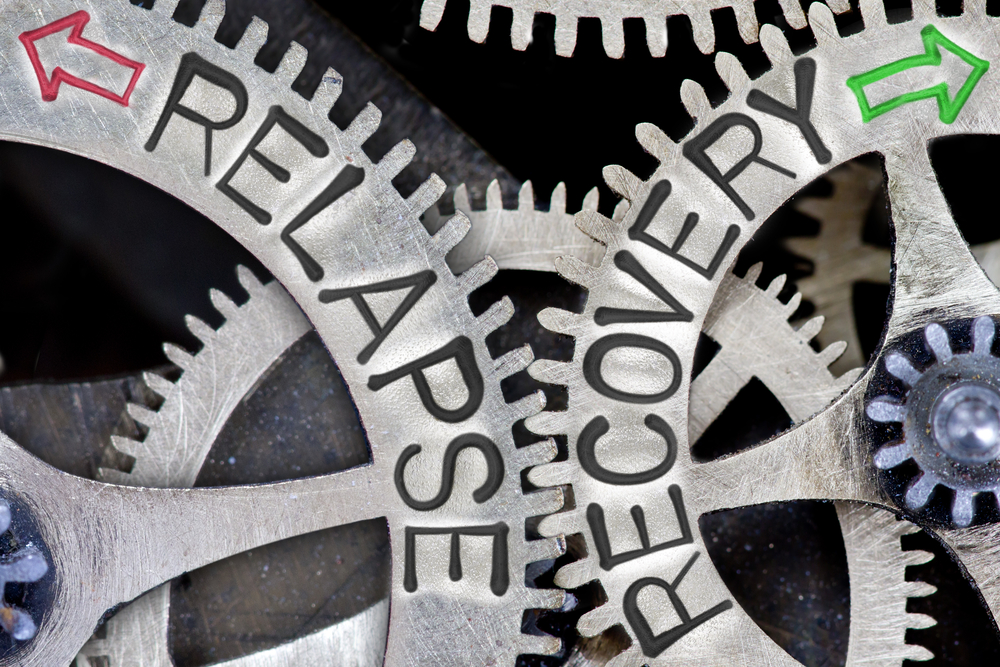According to the National Coalition Against Domestic Violence (NCADV), 1 in 4 women and 1 in 7 men experience extreme physical violence from an intimate partner, at some point in their lives. This sort of domestic abuse between partners makes up 15% of violent crime in the United States. What’s even more terrifying about these events is that 1 in 5 of them involve a weapon. The sad reality of the picture of domestic abuse in the United States is that alcohol, especially heavy drinking, is involved in many of these situations… Continue reading “Heavy Drinking Increases Risk of Domestic Violence”
Do E-Cigarettes Really Help People Stop Smoking?
Ever since they exploded onto the market, debates have raged about whether e-cigarettes are a healthy alternative to cigarettes, or just the latest example of a substance that will soon be seen as a public ill. One major reason that people have claimed e-cigarettes can be used for good is to help people transition off of smoking cigarettes, which are considerably more dangerous. On the other hand, some people have questioned whether e-cigarettes are going to increase the likelihood that teenagers and children start smoking. However, one new study has given us some information can help us move the debate forward. Continue reading “Do E-Cigarettes Really Help People Stop Smoking?”
Explaining Addiction to Your Child
Addiction is a ruthless disease that tears apart people’s lives, relationships, and families. Over the past decade, addiction rates have risen to an extremely dangerous level within the United States, as well as around the world. For this reason, it’s important that we don’t shy away from addiction, as a topic, and work to make sure that everyone knows about the dangers of addiction, and understands how it affects loved ones who have become addiction.
When it comes to talking to children about addiction, this can be quite difficult, but it is an absolute necessity. Here are some tips on explaining addiction to your child if you or a loved one suffers from addiction… Continue reading “Explaining Addiction to Your Child”
Tips for Building a Routine in Early Recovery
When you first make the step to be sober and live a life beyond addiction, the challenges are going to be hard and arduous, but you’ve already made an enormous first step by admitting that you have a problem and need to get it solved. In the early stages of recovery, it’s important to set up a structure, or a routine, that prevents you from slipping back into dangerous habits. This is lot easier said than done, but it an absolutely crucial step to get your life back on track and rid yourself of addiction, once and for all! Here are some tips for building a routine in early recovery… Continue reading “Tips for Building a Routine in Early Recovery”
Fun Ways to Relieve Stress
Stress is everywhere. There are always going to be outside forces causing stress; family, relationships, work, your physical health, and financial well being, among others. Because there will always be stressors prevalent in your life, it’s important to know how to relieve stress in healthy ways. And there’s no harm in having a little fun, while you’re at it.
Distancing Yourself From Toxic People
Recovery and is a long, and sometimes hard, process. During recovery, it’s important for you to put your needs first. Recovery is not the time to be worried about what other people are thinking or to feel stressed out about someone else’s opinion. It’s so important that you focus on yourself and your recovery, in order to be as effective as possible. Continue reading “Distancing Yourself From Toxic People”
Marijuana Use Impacts Students and Their Education
Marijuana is, hands down, the most used illicit drug on the planet. Despite being illegally classified as a schedule-1 substance, more than 1 in 8 American adults report using marijuana an average of over 16 days a year, as of August, 2016. As legalization becomes a more widely discussed topic, and more and more states enact their own laws for both legalized recreational and medical marijuana usage, it is important for us to examine the real effects that it has on society. In the past, there have been greatly exaggerated claims from both sides about how dangerous marijuana is or how safe (or even beneficial) marijuana is.
The truth, though, is more complicated, and deserves to be examined in greater detail. Here is a little bit of information about how schools might be impacted by marijuana legislation… Continue reading “Marijuana Use Impacts Students and Their Education”
Creating an Ideal Environment for Recovery
It is remarkable how strongly your environment can influence how you feel and how successful you are in your recovery from addiction. Here are a few things you should keep in mind if you are looking to overcome drug or alcohol addiction.
Make your home peaceful.
During the early stages of recovery after treatment, it is important to do everything you can to maximize the feelings of peace that you will feel at home. A peaceful home can serve as a place of refuge as you navigate stresses in your recovery. Here are some things that may help make your home more peaceful:
- Eliminating clutter by getting rid of unnecessary items
- Organizing your home to create better flow
- Removing items that remind you of your former lifestyle
- Investing in a few things that will help you feel more comfortable at home
- Creating a space where you can meditate or simply relax
Incorporate nature.
Surrounding yourself with nature is truly one of the most powerful things that you can do for your recovery. Time spent communing with nature offers a type of healing that nothing else can. You’ll often find peace and reduced symptoms of stress after spending time outdoors. Moreover, nature offers a variety of experiential therapy activities that can aid you in your recovery, such as hiking, kayaking, and rock climbing. Therefore, as you create an environment that is conducive to a stronger recovery, don’t forget to make time for the outdoors as well.
We at Turning Point of Arnold are always sure to let our clients to experience nature in its full bounty. With a location in the heart of the Sierras, we can lead our clients through a variety of experiential therapies and introduce them to techniques that allow them to incorporate the outdoors in their recovery.
Reassess your personal connections.
Your environment includes not only the places you occupy but also the people you surround yourself with. During the early stages of recovery, it is vitally important to reassess your personal connections and to distance yourself from those who could be detrimental to your recovery. If you have friends who do not support your decision to become sober, for example, you should consider cutting ties with them. After all, your true friends will want what is best for you and your health. Be sure to surround yourself with friends and family members who will root for you in your recovery, and don’t forget to include therapists and recovery coaches who are helping you on your journey.
Relapse: What You Need to Know
Relapse can be a major roadblock on the path to sobriety. Therefore, if you are seeking to overcome addiction, it is vitally important to know everything that you can about relapse. Here are some of the first things that you should know about relapse.
Relapse can be very dangerous—even fatal.
This first thing you need to know about relapse is that it can be very dangerous—even fatal. For starters, relapse can mean a step backward into old habits, putting you back into the grasp of addiction and the health problems that come along with it. In addition, you are at higher risk of overdose when you relapse. The reason? Once your body has undergone detox from a particular substance, it does not have the same tolerance to that substance that it once had. So, if you were to take the same dose of a substance that you were used to taking during your period of addiction, your body could experience a type of shock, resulting in overdose.
If relapse happens to you, you are not alone.
Relapse is unfortunately common, with about 60% of those battling substance abuse returning to addictive behavior. Of those who do return to addictive behavior, about half do so within one week of becoming sober. All of this is to say that if relapse happens to you, you are not alone. Navigating the path to sobriety can be difficult, and that is why it is crucially important to seek help from others as you navigate that path.
You can reduce your chances of relapse.
Fortunately, there are steps that you can take to reduce your likelihood of relapse. Completing a residential treatment program is the surest way to reduce your risk. The right program will take an interdisciplinary approach to helping you overcome addiction, arm you with the tools necessary to stay on top of your sobriety, and help you transition smoothly back into life after treatment.
Relapse doesn’t have to be the end.
If you’ve experienced relapse, you should know that it does not have to be the end of your recovery journey. Your relapse can be a learning experience that you build into the foundation for your recovery. If you have undergone relapse, do not hesitate to contact members of your support system for help in getting back onto the path toward sobriety.
Making the Mountains Part of Your Recovery
Arnold, California, is located in the heart of the Sierra Mountains, near the larger cities of Stockton, Modesto, and Sacramento. Because of our unique location, we at Turning Point of Arnold are privileged to offer our clients beautiful mountains and landscapes to inspire recovery from addiction. Whether you are in residential treatment or navigating life after treatment, here are just a few of the ways that you can make the mountains part of your recovery. Continue reading “Making the Mountains Part of Your Recovery”









